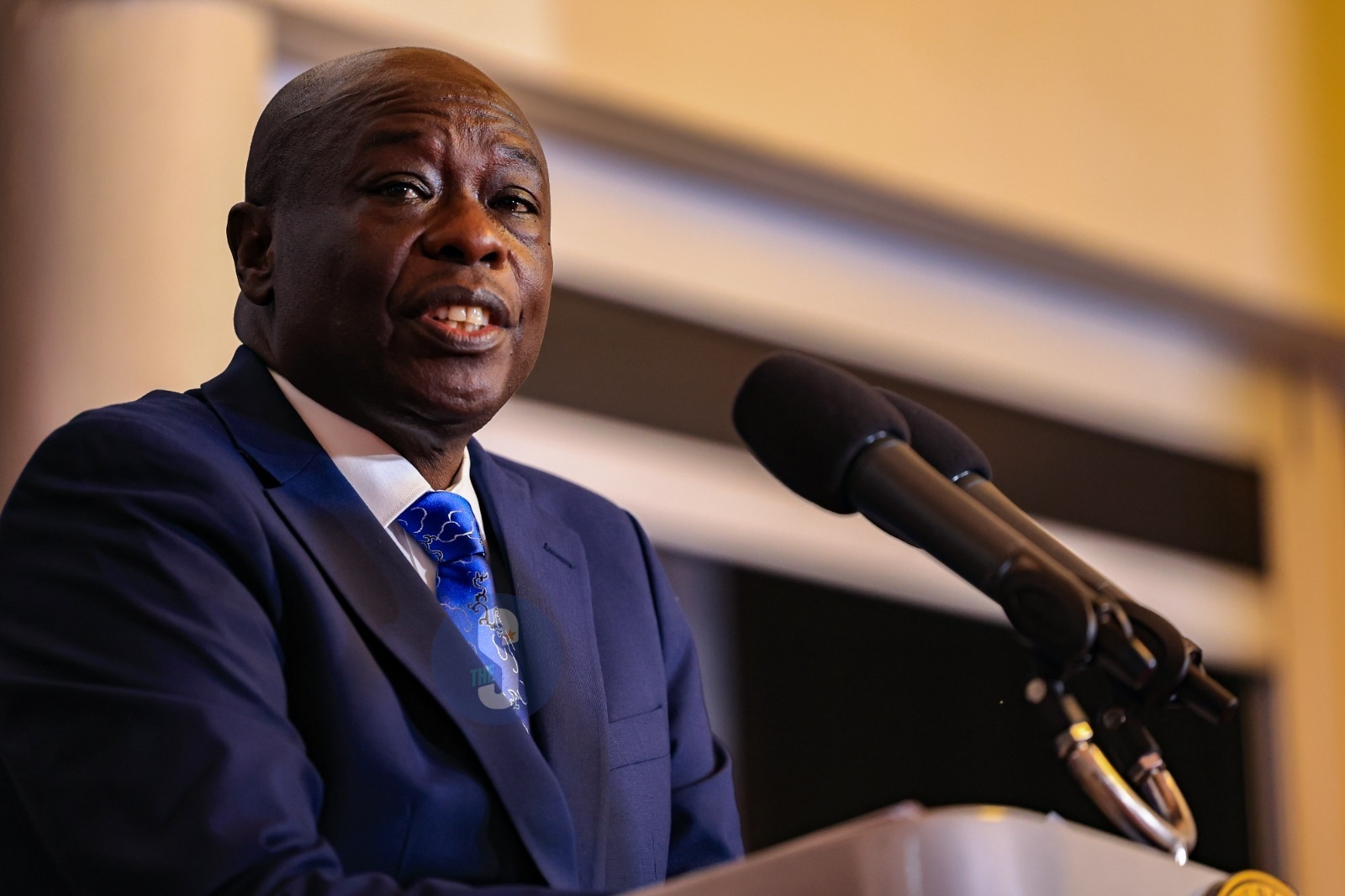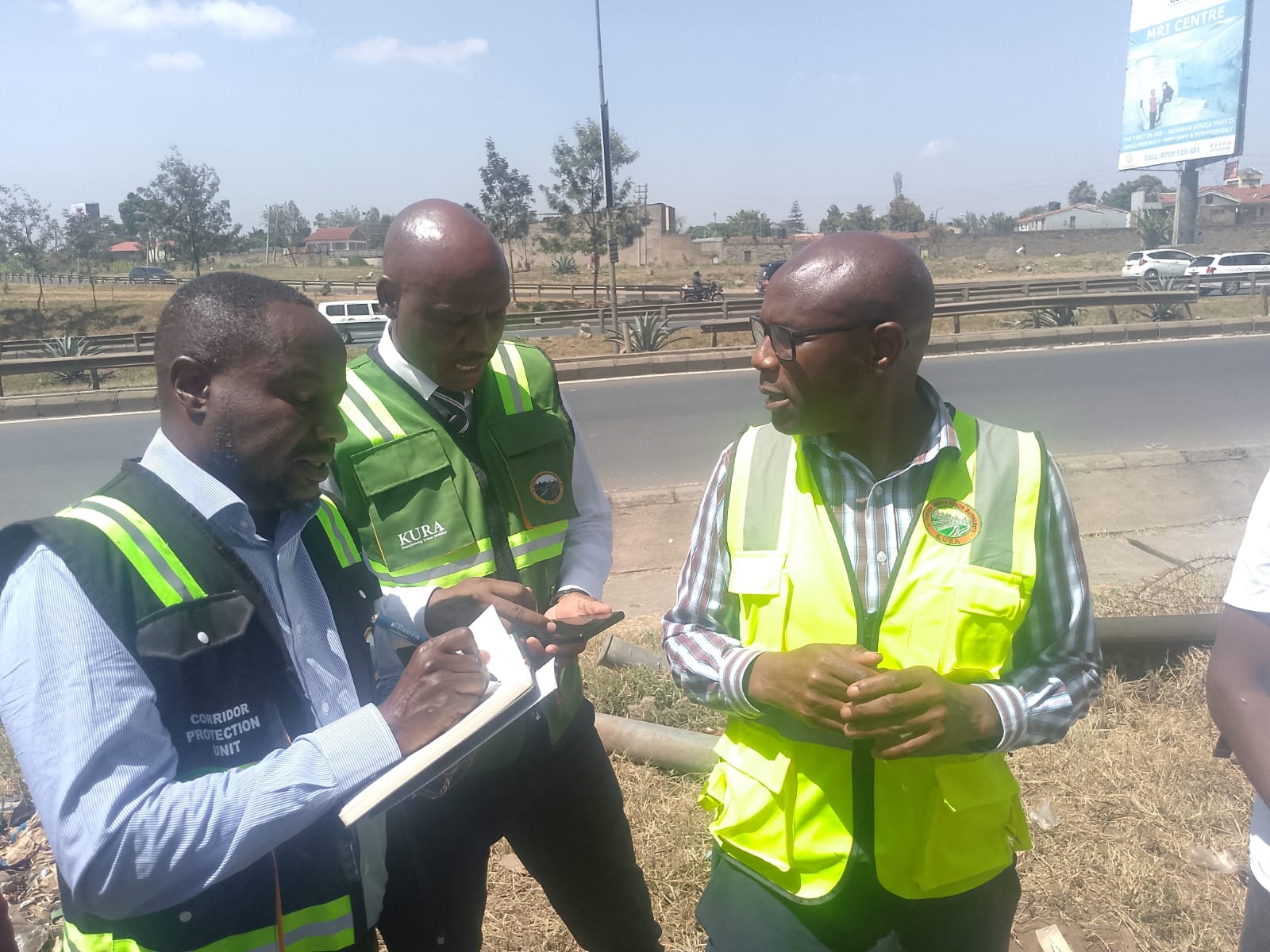Young women in Suba North Subcounty, Homa Bay have embarked on cage fishing in Lake Victoria.
Under the umbrella of the Rusinga Nile Perch Women Group, the women from Rusinga Island have waded into an otherwise male-dominated fishing venture.
The group’s chairperson Petina Odhiambo said they embarked on the business of fish production because they used to be exploited when they depended on men for fish supply.
She said they started engaging in fish production in 2021 as a small group using their nets before they acquired a cage which they set up in Nyagina Beach, Rusinga Island ward.
The group’s secretary Cynthia Onyango said women in the fish business suffered at the hands of rogue fishermen.
She said some men would only supply fish to women who gave in to their sex demands in an exchange called 'Jaboya'.
“Sexual exploitation was rampant as young women ventured into the fish business. Sex for fish was the order of the day because women lacked fish supply,” Onyango said.
The officials who spoke to the media in Nyagina Beach during a site visit by partners said they started mobilising and sensitising women about the importance of coming together and starting the project.
The women who joined the group were sensitised about the need to be economically independent.
Fortunately, some local and non-governmental organisations noticed the group and chipped in to empower them.
Onyango said the group started with ten members but it has grown to more than 20 members.
At least 300 women across Suba North have embraced the idea of cage fishing.
Some of them have boats and nets which they can rent out and get fish as well.
“The group has the capacity to assign some fishermen to go to the lake and get us fish. This has completely eradicated 'jaboya' in beaches,” Onyango said.
She said the group has undergone training which enables them to take care of fish.
“We currently have plans to engage in soya bean production. The crop can be used as fish feed to cut production costs,” Onyango said.
Fishermen welcomed the project saying it would redeem the image of fisher folks.
The group received support from the Farm Africa organisation which set up a cage where they have stocked more than 3,500 fingerlings.
The fish will be harvested after eight months and is expected to further boost the income of the group.
Farm Africa Country Director Mary Nyale said the organisation assisted the group as part of its objectives to empower young women.
She said the organisation runs a project dubbed Youths in Sustainable Aquaculture where groups and individual farmers are supported to grow fish.
Nyale said five other organisations support the project through different initiatives such as market linkages, production of fingerlings and black soldier flies value chain.
“The organisation intends to empower young women and create 150,000 jobs across six counties in Nyanza and Western regions," she said.
Nyale said such empowerment promotes self-reliance among the youth.
She said young women are assisted with capital to start businesses to curb cases of men taking advantage of them as women in the fish business who do not have capital are said to be vulnerable.
“Many women lacked money to start a business hence we provided them with capital. The start-up capital for the women has reduced vices that affect them,” she said.
In the project, women at Nyagina Beach have been provided with a revolving fund to support them set up cages. The support also includes the supply of fish feed.
Nyale said the women have also been provided with a freezer and other equipment needed for the business to run.
“We’re conducting capacity building for the women to acquire business skills and be economically independent,” Nyale said.
Nyagina Beach Management Unit Chairman Joseph Ouma said such empowerment to women has indeed enabled them to eradicate 'jaboya'.
“Many women have shown interest in joining cage fishing and we expect more groups to be formed to attract such support,” Ouma said.













